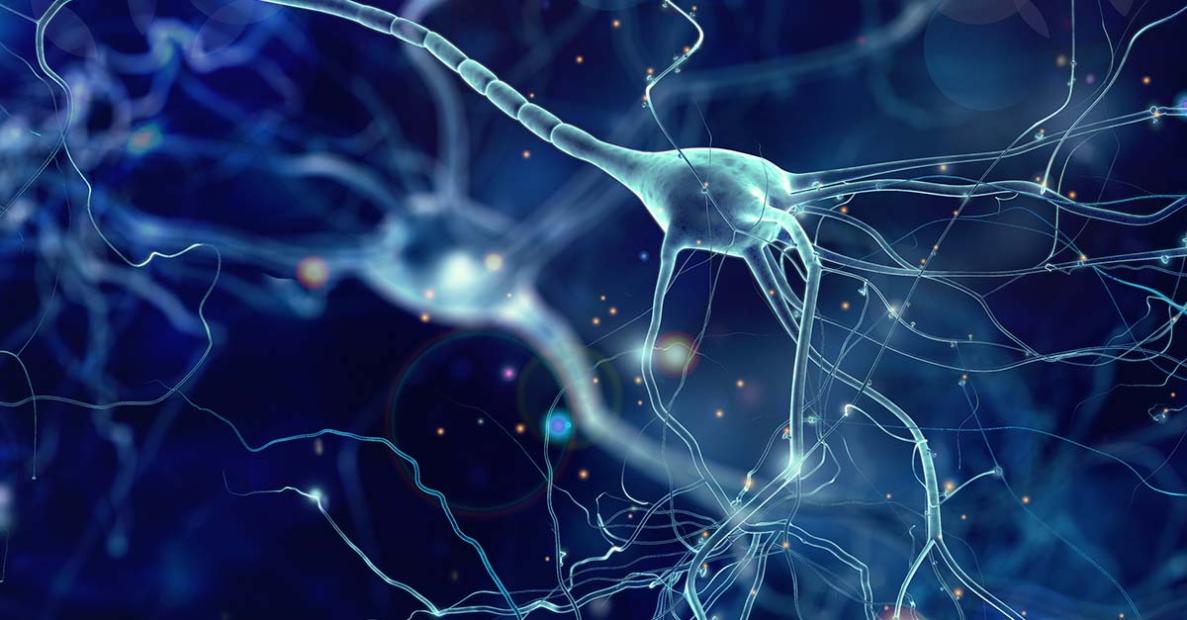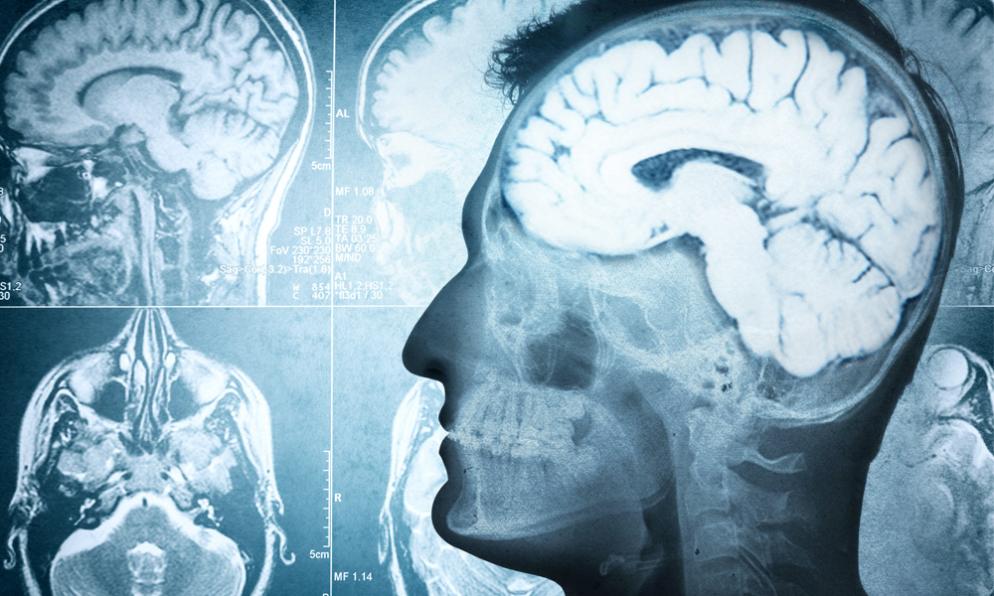How Do Our Brains Process Language?
Language is a complex system of communication that allows humans to share ideas, thoughts, and emotions. It is a fundamental part of human cognition and plays a vital role in our ability to interact with the world around us. Understanding how our brains process language is essential for comprehending the nature of human communication and cognitive functioning.

Structure Of The Brain Involved In Language Processing
Language processing involves multiple brain regions working together. The main areas involved are:
- Broca's area: Located in the left frontal lobe, Broca's area is responsible for speech production and articulation. It controls the muscles involved in speaking and helps us produce meaningful speech.
- Wernicke's area: Situated in the left temporal lobe, Wernicke's area is responsible for language comprehension and understanding. It helps us comprehend spoken and written language and associate words with their meanings.
- Angular gyrus: The angular gyrus, located at the junction of the parietal and temporal lobes, connects language comprehension and production. It plays a role in integrating sensory information with language processing and helps us understand the meaning of words in context.
Stages Of Language Processing
Language processing involves several key stages:
- Sensory input: Language processing begins with perceiving language through hearing or reading.
- Feature extraction: The brain identifies individual sounds or letters, extracting relevant features for further processing.
- Phoneme and grapheme recognition: Sounds and letters are associated with their corresponding meanings. Phonemes are the smallest units of sound in a language, while graphemes are the written symbols representing these sounds.
- Word recognition: The brain understands the meaning of individual words, recognizing them as units of meaning.
- Sentence comprehension: Words are combined into meaningful sentences, allowing us to understand the overall message being conveyed.
- Discourse comprehension: The brain processes larger units of language, such as paragraphs or stories, to understand the overall message or narrative.
Neural Mechanisms Of Language Processing
The neural mechanisms underlying language processing involve the activation of specific brain regions during language tasks. Functional magnetic resonance imaging (fMRI) and electroencephalography (EEG) studies have shown that different brain areas are activated during different aspects of language processing. Neurons and neural networks play a crucial role in processing language, transmitting information and facilitating communication between different brain regions.
Factors Influencing Language Processing

Several factors can affect language processing:
- Age: Language processing abilities change across the lifespan. Children develop language skills gradually, while older adults may experience changes in language processing due to cognitive decline.
- Education: Literacy and language education can significantly impact language processing. Individuals with higher levels of education tend to have better language processing skills.
- Bilingualism: Bilingual individuals have advantages in processing multiple languages, but they may also face challenges in switching between languages.
- Neurological conditions: Brain injuries or disorders, such as stroke or Alzheimer's disease, can affect language processing, leading to language impairments.
Disorders Of Language Processing
Common language processing disorders include:
- Aphasia: Aphasia is a language disorder caused by brain damage, resulting in difficulty with speaking, understanding, reading, or writing.
- Dyslexia: Dyslexia is a learning disorder that affects reading and understanding written language. Individuals with dyslexia may have difficulty recognizing words, understanding their meaning, or spelling correctly.
- Dysgraphia: Dysgraphia is a learning disorder that affects writing and expressing thoughts in written form. Individuals with dysgraphia may have difficulty forming letters, organizing words into sentences, or expressing ideas coherently in writing.
Understanding how our brains process language is crucial for comprehending the nature of human communication and cognitive functioning. The complex interplay of brain regions and neural mechanisms allows us to perceive, comprehend, and produce language, enabling us to interact with the world around us. Studying language processing helps us appreciate the intricacies of human cognition and provides insights into the disorders that can affect this fundamental aspect of human communication.
YesNo

Leave a Reply